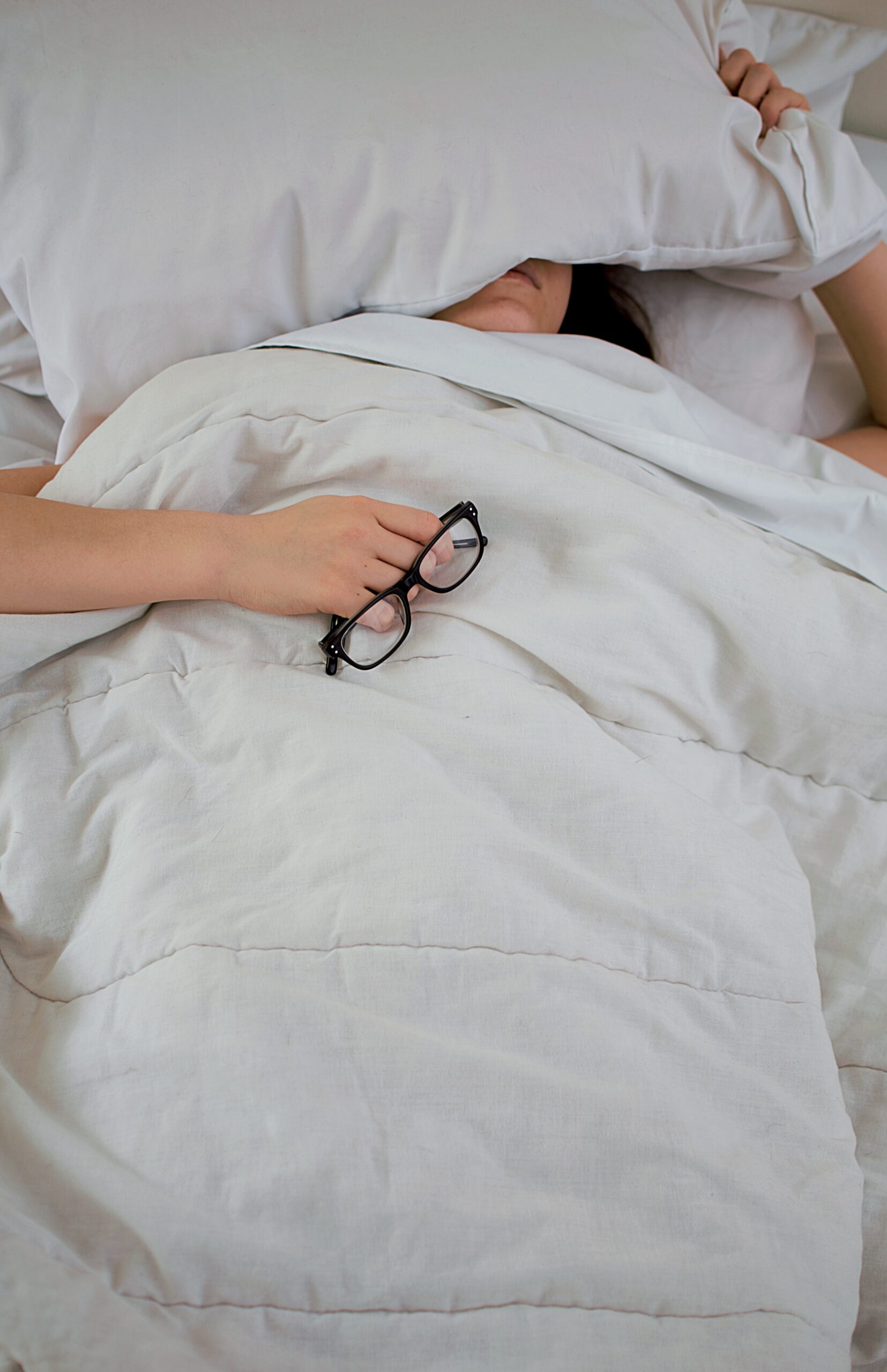Fixing Common Sleep Problems For A Good Night’s Rest

You might be feeling uncomfortable when trying to go to sleep that can impact having a good night’s sleep. These common problems are simple to address so you can get to sleep easier and have a more comfortable night’s rest.
Have trouble with falling asleep? It’s recommended to avoid caffeine several hours before bedtime and try to relax your mind before going to bed. You should try to exercise in the morning or afternoon and not being on your phone at least one hour before bedtime.
Some people can get to sleep easily but can’t stay asleep but there are a couple of things to try to stay asleep. Avoid alcohol before bedtime as it decreases the amount of time you spend in deep REM sleep and lowers the temperature of your room between 68° to 71°F.
If you’re experiencing trouble waking up, try to wake up at the same time every day (even on the weekends) so your body gets used to having a dedicated wake-up time. The common sleep problem of snoring can be easily remedied by sleeping on your side or propping your head up a few inches on your pillow. You can also try to clear out your sinuses with saline before bed and try avoiding alcohol that can also prevent you from staying asleep.
Having acid reflux at bedtime can definitely impact your sleep cycle and you can start by trying to sleep on an elevated pillow laying on your left side. Another option if this home remedy is consulting with your doctor about options for medications.
Leg cramps are the worst when you’re trying to go to sleep with a couple of options to alleviate this problem. You can massage the area, apply heat to the muscle, and stretch to relieve the pain.
Chronic pain can impact a good night’s rest especially with neck pain that can be a problem caused by your pillows. It’s recommended to replace your pillows at least every two years with a study indicating test subject preferred firm, latex pillows being the most comfortable for people with neck problems.
Shoulder pain can also deter you from getting good sleep with recommendations of not sleeping on your side but if you’re a chronic side-sleeper, you should try to sleep on your less painful side. If you’re feeling uncomfortable, you can try hugging a pillow that can make it more comfortable.
Back pain is the worst when trying to get comfortable for bed and it’s recommended to add a pillow under your thighs if you prefer sleeping on your stomach. If you sleep on your back, try placing a pillow under your legs that will alleviate additional pressure on your back.
